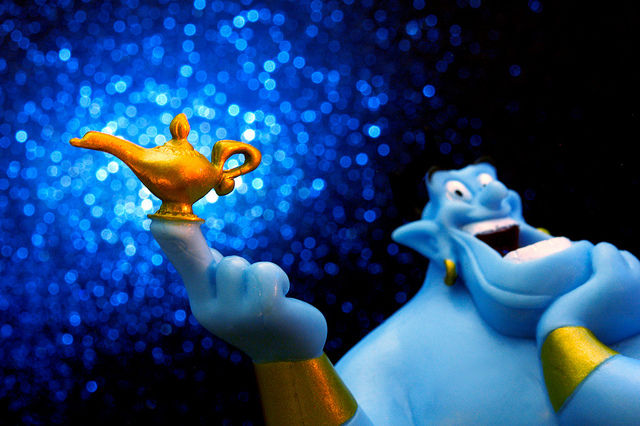
The online exposure of the Ashley Madison cheating sites' membership data has, to say the least, shaken the Internet like a giant earthquake.
Many of the site's members have been unmasked as one of the millions of cheaters searching for an affair. Some have committed suicide. Extortionists have taken advantage of those fearing being named. And now it appears that the site's Canadian owner, Avid Life Media, is misusing the Digital Millennium Copyright Act in a bid to make people unpublish the data that lists millions of Ashley Madison members' e-mail addresses and other information. The problem with this scenario is that such data isn't subject to copyright, the Electronic Frontier Foundation says.
"Ashley Madison’s owners have been sending numerous DMCA takedown notices to platforms like Twitter, Reddit, and others in an attempt to stop the dissemination of millions of names and email addresses of the site’s users...," Mitch Stoltz, an EFF staff attorney, wrote in a recent blog post. "While there’s no doubt that the leak is embarrassing and potentially disastrous for the millions of people who have been revealed as users of a site that promotes marital infidelity, Ashley Madison’s attempts to use the DMCA to put the genie back in the bottle are misguided, and in some cases, may violate the DMCA itself."
E-mail addresses and usernames, for the most part, aren't copyrightable, Stoltz said.
"Importantly, the DMCA process applies only to copyright claims. It can’t be used for other complaints like defamation, invasion of privacy, trademark infringement, trade secret disclosures, or violations of a website’s terms of use or community guidelines," he wrote.
We asked Stoltz how Sony lawyers—often invoking the DMCA and other laws last year—were able to scare the hell out of everybody who was publishing the media giant's leaked data following a massive hack. Much of the Internet caved to Sony attorney David Boies' threats of litigation.
"Stern threats making vague claims about 'stolen intellectual property' are often effective even if there's no legal merit to them. In part that's because copyright law's penalties are so far out of proportion to any actual harm. To be fair, Sony probably could claim a valid copyright in some of the leaked material, whereas usernames and email (addresses) are just not copyrightable in most cases," Stoltz said via e-mail.
Some of the leaked Sony and Ashley Madison material that might be subject to copyright include memos and e-mail messages. "But even if copyright bars making copies of a document, it doesn't bar quoting from them in a news report or reporting on the facts it contains," Stoltz added.
In short, the DMCA grants Web providers a safe harbor from potential legal liability if they remove material that is claimed to be copyrighted. Generally, Web hosts take down the material regardless of whether it's actually copyrighted.
Copyright scofflaws face a maximum $150,000 in damages for each violation.
reader comments
62